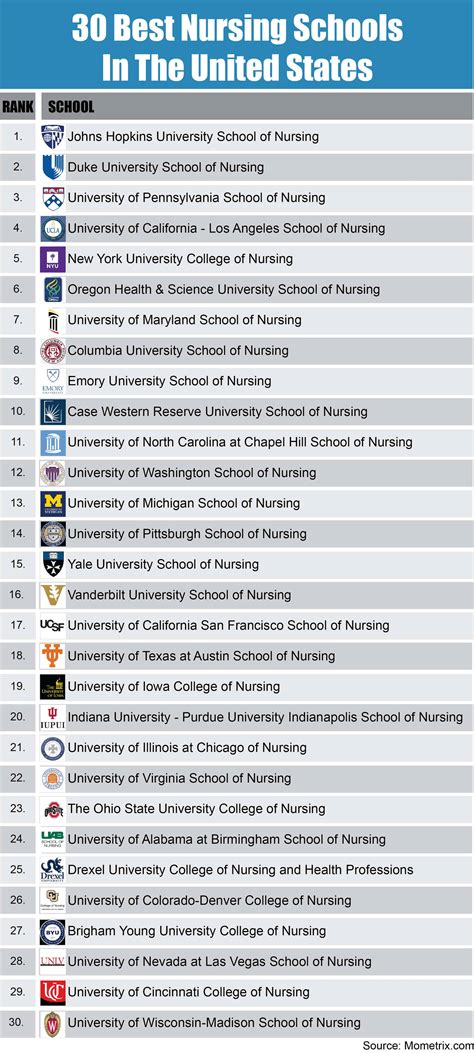Unraveling the Top Institutions for History Scholars
History, the study of the past, shapes our understanding of the present and guides our actions for the future. For aspiring historians, choosing the right academic institution is crucial for a fulfilling and successful career. This comprehensive guide presents the most prestigious schools for history majors, each offering exceptional academic programs, renowned faculty, and a vibrant campus environment to foster intellectual growth.

Ranking the Elite: Top History Programs in the Nation
According to the U.S. News & World Report’s 2023 Best Colleges Rankings, the following universities offer the top history programs in the United States:
| Rank | University | Location |
|---|---|---|
| 1 | Harvard University | Cambridge, MA |
| 2 | Yale University | New Haven, CT |
| 3 | Princeton University | Princeton, NJ |
| 4 | University of California, Berkeley | Berkeley, CA |
| 5 | Stanford University | Stanford, CA |
| 6 | University of Pennsylvania | Philadelphia, PA |
| 7 | Columbia University | New York, NY |
| 8 | University of Chicago | Chicago, IL |
| 9 | Duke University | Durham, NC |
| 10 | Northwestern University | Evanston, IL |
Factors to Consider when Choosing a History Program
Beyond rankings, several key factors contribute to a successful history program:
- Faculty reputation: Examine the credentials and research interests of the faculty to ensure they align with your aspirations.
- Curriculum flexibility: Assess the breadth and depth of course offerings to meet your specific areas of interest.
- Research opportunities: Explore the availability of internships, research grants, and opportunities for fieldwork or archival research.
- Career services: Inquire about tailored career guidance, alumni networks, and placement rates in history-related fields.
- Campus resources: Consider the university’s library holdings, archives, and any specialized institutes or centers for history research.
Spotlight on Specialized History Tracks
History programs often offer specialized tracks to cater to specific interests:
- Ancient History: Study ancient civilizations from Mesopotamia to Rome.
- Medieval History: Explore the Middle Ages, including the rise of feudalism, the Crusades, and the Black Death.
- Modern History: Examine the period from the Renaissance to the present, focusing on topics such as colonialism, industrialization, and war.
- American History: Investigate the history of the United States, from its founding to contemporary issues.
- Non-Western History: Study the histories of regions outside Europe and North America, including Asia, Africa, and Latin America.
Strategies for Success as a History Major
To thrive in a history program, consider the following:
- Develop strong writing and critical thinking skills. History courses emphasize analytical reading, eloquent writing, and the ability to construct sound arguments.
- Engage with diverse perspectives: History is not simply about memorizing dates and events; it requires an understanding of multiple viewpoints and interpretations.
- Utilize primary sources: Analyze original documents, artifacts, and records to gain firsthand insights into the past.
- Participate in research and internships: Gain practical experience by conducting research, attending conferences, and working in history-related organizations.
- Network with professionals: Attend career fairs, meet with alumni, and build connections in the history field.
Frequently Asked Questions
1. What are the career options for history majors?
History graduates pursue a wide range of careers, including:
- Historian
- Librarian
- Archivist
- Museum curator
- Journalist
- Lawyer
- Educator
2. How can I prepare for a history major?
- Develop strong writing and reading skills.
- Take Advanced Placement (AP) or International Baccalaureate (IB) history courses in high school.
- Read widely in history and current events.
- Visit historical sites and museums.
3. What is the average salary for history majors?
According to the Bureau of Labor Statistics, the median annual salary for historians was $63,130 in May 2021.
4. Is a Ph.D. required to become a history professor?
Yes, most history professors have a Ph.D. in history or a related field.
5. What are some innovative applications for history majors?
History majors possess valuable skills in research, analysis, and communication, which can be applied to emerging fields such as:
- Data science: Analyze historical data to identify trends and predict future outcomes.
- Public policy: Understand the historical context of current policy issues and develop evidence-based solutions.
- Digital humanities: Explore new ways to use technology to study and present history.
6. How can I make the most of my history degree?
- Double major or minor in a complementary field, such as political science, economics, or sociology.
- Gain practical experience through internships, research opportunities, and study abroad programs.
- Network with professionals in the history field.
7. What are some tips for writing a strong history paper?
- Choose a clear and specific topic.
- Conduct thorough research using primary and secondary sources.
- Develop a strong thesis statement and organize your paper logically.
- Cite your sources correctly according to the appropriate style guide.
8. What are the best resources for history majors?
- The American Historical Association (AHA)
- The National Council on Public History (NCPH)
- The Society for American Historians (SAH)
- The Organization of American Historians (OAH)
Conclusion
Choosing the right history program is essential for a fulfilling academic experience and a rewarding career. The universities showcased in this guide offer exceptional opportunities for students to delve into the past, develop critical thinking skills, and prepare for success in a wide range of fields. By understanding the key factors to consider, utilizing effective strategies, and tapping into valuable resources, aspiring historians can maximize their potential and make meaningful contributions to the study and understanding of the human experience.
